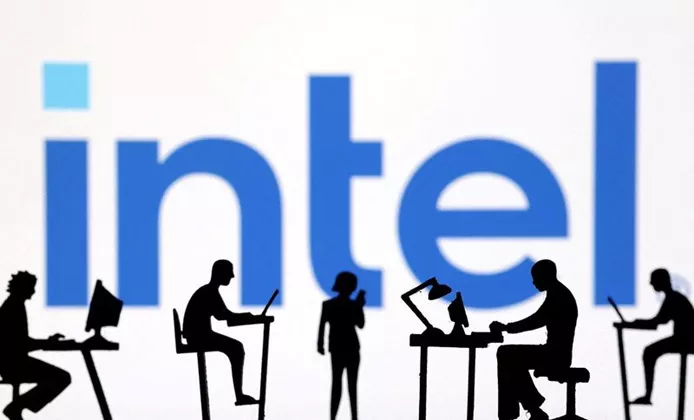Intel’s biggest misstep in the last decade was failing to challenge Nvidia’s leadership in the booming artificial intelligence (AI) chip market. Under new CEO Lip-Bu Tan, the company plans to change course, though Tan cautioned that the effort won’t be quick or easy.
In his first earnings call, Tan discussed Intel’s strategy to refocus its product lineup for emerging AI trends, such as robotics and agents designed to perform tasks for human users. He acknowledged the tough challenge ahead, given Nvidia’s market strength. Nvidia has expanded beyond chips, offering complete data center solutions, including hardware, cables, and software compilers. Tan said Intel will adopt a similar approach moving forward.
Intel’s Chief Financial Officer, David Zinsner, added that the company would not make many acquisitions in the short term. “Our priority will be to improve the balance sheet,” Zinsner told Reuters, signaling that Intel’s AI strategy will largely rely on internal development.
Tan emphasized the company’s commitment to redefining its portfolio and optimizing products for the growing AI market. “Our goal is to become the platform of choice for our customers,” Tan said. “This requires us to radically evolve our design and engineering mindset and anticipate customer needs ahead of time.”
Historically, Intel has relied on acquisitions to break into new markets, including AI. Between 2016 and 2019, it acquired several chip companies, including Movidius, Mobileye, Nervana, and Habana Labs. While Mobileye has maintained a strong position in autonomous driving, the other acquisitions failed to help Intel compete against Nvidia.
Industry analysts noted that Intel’s shift towards in-house development is not surprising, as the company has a history of building new technologies internally. However, Bob O’Donnell, chief analyst at Technalysis Research, warned that Intel’s success will depend on building strong software support to make its new chips easy to deploy. “If they can do that, they have a chance—but that’s a big ‘if,'” O’Donnell said.
Despite Intel’s efforts, some analysts believe Nvidia’s dominance, along with AI chip initiatives from major cloud companies like Amazon and Google, makes it difficult for Intel to carve out a significant market share.
Related topics:


